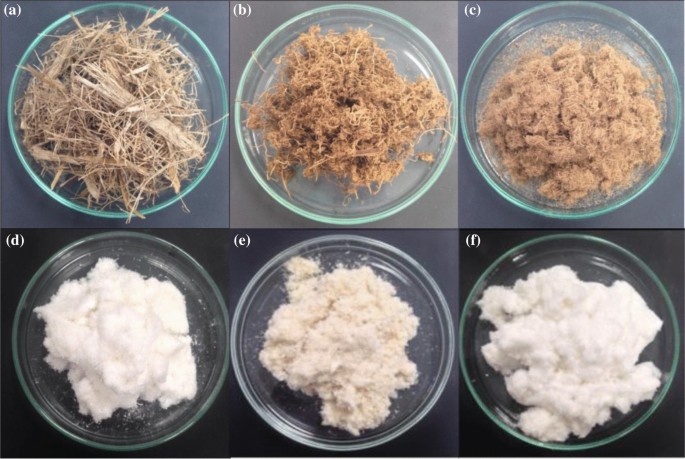Lasting Sugarcane Products: From Sweeteners to Eco-Friendly Goods
The potential of lasting sugarcane products extends beyond typical sweeteners to encompass a range of environment-friendly goods, presenting an engaging instance for their combination right into modern customer techniques. As the world grapples with pushing ecological concerns, sugarcane arises as a versatile resource capable of attending to both nutritional needs and sustainability goals.
Review of Sugarcane Sustainability
As the need for environmentally pleasant items expands, recognizing sugarcane sustainability comes to be significantly important. Sugarcane, a flexible plant, is grown largely in tropical and subtropical areas, and its sustainability is important for both environmental health and financial practicality. Sustainable sugarcane farming techniques concentrate on reducing ecological effect while maximizing productivity and profitability.
Trick elements of sugarcane sustainability consist of efficient land usage, decreased chemical input, and enhanced water management. Practices such as plant turning, incorporated pest administration, and natural fertilizing add to soil health and biodiversity. Furthermore, ingenious modern technologies, such as accuracy farming, help optimize resource use and decrease waste.
Furthermore, sugarcane is a renewable source, with by-products that can be utilized in various industries, from biofuels to biodegradable plastics, thus decreasing reliance on nonrenewable fuel sources and decreasing carbon footprints. Certifications like the Bonsucro conventional motivate sustainable practices across the supply chain, advertising openness and liability.

Sugarcane-Based Sugar
Using sugarcane as a main source, sugarcane-based sugar have actually gotten importance as natural options to refined sugars and sweetening agents (sugarcane product). These sugar, originated from the removal and handling of sugarcane juice, offer an array of items that satisfy varied consumer choices, including organic and minimally refined options
Amongst the most notable sugarcane-based sugar are raw cane sugar, panela, and molasses. Raw walking cane sugar keeps even more of the natural tastes and nutrients discovered in sugarcane, making it a favored option for health-conscious consumers. Panela, a typical Latin American sweetener, is generated by evaporating sugarcane juice, maintaining its natural minerals and vitamins. Molasses, a result of sugar extraction, is abundant in anti-oxidants and necessary nutrients, functioning as a healthy sweetening agent in different cooking applications.
The expanding need for sugarcane-based sweeteners is driven by boosting understanding of wellness and sustainability issues connected with standard sugar. By choosing sugarcane-derived products, customers not just sustain sustainable farming techniques but likewise add to a much healthier lifestyle, aligning their dietary options with their ecological worths.
Biodegradable Packaging Solutions
Emerging as a feasible choice to standard plastics, biodegradable packaging services stemmed from sugarcane are transforming the packaging market. These ingenious products supply an eco pleasant alternative that resolves the growing problems over plastic contamination. Utilizing the all-natural sugars found in sugarcane, suppliers are developing various forms of naturally degradable packaging, including films, containers, and covers that decompose more swiftly than typical plastics.
The key advantages of sugarcane-based product packaging depend on its sustainable sourcing and its ability to break down right into safe by-products. Unlike fossil fuel-derived plastics, which can continue the environment for hundreds of years, sugarcane packaging usually breaks down within a few months under correct problems. This reduction in waste not visit homepage only mitigates land fill overflow however also decreases the carbon impact related to packaging products.
Additionally, sugarcane-derived packaging maintains durable performance characteristics, supplying similar sturdiness and functionality to standard choices. As consumers and organizations progressively prioritize sustainability, the fostering of biodegradable product packaging services stands for a considerable action towards a round economic climate, where products are reused and restored as opposed to thrown out. This shift not just enhances brand name picture however also adds to an extra sustainable future for the my blog earth.
Eco-Friendly Textiles and Fabrics
Environment-friendly fabrics and materials are obtaining traction in the style and home goods markets as customers increasingly require lasting alternatives to standard products. Among the significant alternatives are materials originated from sugarcane, which offer an ecologically liable alternative to artificial fibers. These fabrics are produced through a procedure that uses the renewable energies discovered in sugarcane, considerably decreasing dependence on petroleum-based materials.

Brand names are significantly incorporating eco-friendly textiles into their product, showing a wider dedication to sustainability. This change is not simply a pattern however an essential advancement in feedback to ecological concerns. As the marketplace for sustainable fabrics increases, customers can anticipate innovative styles that incorporate design with environmental obligation. Eventually, environmentally friendly textiles and textiles stand for a significant step towards lowering the apparel industry's environmental footprint while satisfying the expanding demand for responsible consumer selections.
Advancements in Sustainable Farming
Revolutionizing agricultural techniques, advancements in sustainable farming are changing the means crops are expanded and taken care of. These developments concentrate on reducing ecological influence while taking full advantage of performance and productivity.

Additionally, agroecology, which incorporates eco-friendly principles into farming, promotes biodiversity and dirt wellness. Practices such as plant turning, cover cropping, and intercropping foster resilient communities that can stand up to parasites and climate variations - sugarcane product. Additionally, the use of organic fertilizers and biopesticides adds to much healthier dirts and ecological communities

With each other, these technologies are not just improving the agricultural landscape but also adding to an extra lasting future for sugarcane and other crops, straightening farming methods with environmental stewardship.
Verdict
Lasting sugarcane items represent a substantial development in eco-friendly options, extending from natural sugar to biodegradable products. As customer preferences increasingly lean in the direction of lasting choices, the convenience of Read Full Article sugarcane as a renewable source comes to be increasingly appropriate.
The possibility of sustainable sugarcane products expands past conventional sugar to incorporate a range of environment-friendly items, presenting a compelling situation for their assimilation into contemporary customer techniques. Lasting sugarcane farming practices focus on reducing eco-friendly influence while taking full advantage of performance and profitability.
Lasting sugarcane products represent a considerable innovation in eco-friendly alternatives, spanning from natural sweeteners to naturally degradable products. The growing of sugarcane with lasting methods not just improves ecological health and wellness however additionally adds to financial feasibility. As customer choices progressively lean towards sustainable choices, the flexibility of sugarcane as a sustainable resource becomes increasingly relevant.